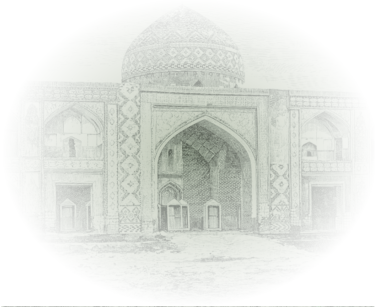The formation of the Azerbaijani theater in Iravan is connected with the name of Yunis Nuri. Born in Iravan in 1878, Yunis Haji Süleyman oglu Süleymanov dedicated his life to Iravan theater as an innately talented actor, theater organizer and director.
On May 26, 1916, under the direction of Yunis Nuri, the actors of the Iravan Islamic Drama Company staged Abdurrahim Bey Hagverdiev’s “The Collapsed Alliance”, on June 9, “Iranian Tragedies” and the comedy “Giz Istemek”, and in September “Arshin Mal Alan” operetta were staged. In 1917, theater lovers staged writer Rza Zaki’s (Latifbeyov) play “Sultan Abdulhamid’s predecessor” under the name “The End of Oppression and Tyranny”. In 1918–1920, Armenians committed mass massacres in the city of Iravan. A large number of Iravan’s amateur actors who managed to escape from these massacres, especially Yunis Nuri, immigrated to the city of Khoy, Iran. That troupe stayed there for up to three years, and although the members of the troupe worked in various jobs to earn their living, they also performed theater performances from time to time.
From the second half of 1921, refugees from Iravan who took refuge in Iran, Turkey and Azerbaijan began to return gradually to their homelands. The cultural and educational problems of Azerbaijanis in the city of Iravan were mainly solved by Azerbaijani intellectuals who united around the Turkish club established in December 1921. From February 1922, a Turkish theater troupe of amateur artists, led by Yunis Nuri, was operating under the Central Turkish Club. At the beginning of 1923, the statute of the theater association was widely discussed and accepted. In May 1924, the drama association under the Central Turkish Club was given the status of an independent theater troupe. Performances of the Turkish troupe were prepared and performed at the Central Turkish Club.
On March 15, 1928, the mobile Iravan State Turkish (Azerbaijani) Drama Theater was established by the decision of the Armenian government. Professional actor Yunis Nuri was the leader of the theater troupe. Books and articles have been published dedicated to the life and activities of Yunis Nuri, who died in 1950.
